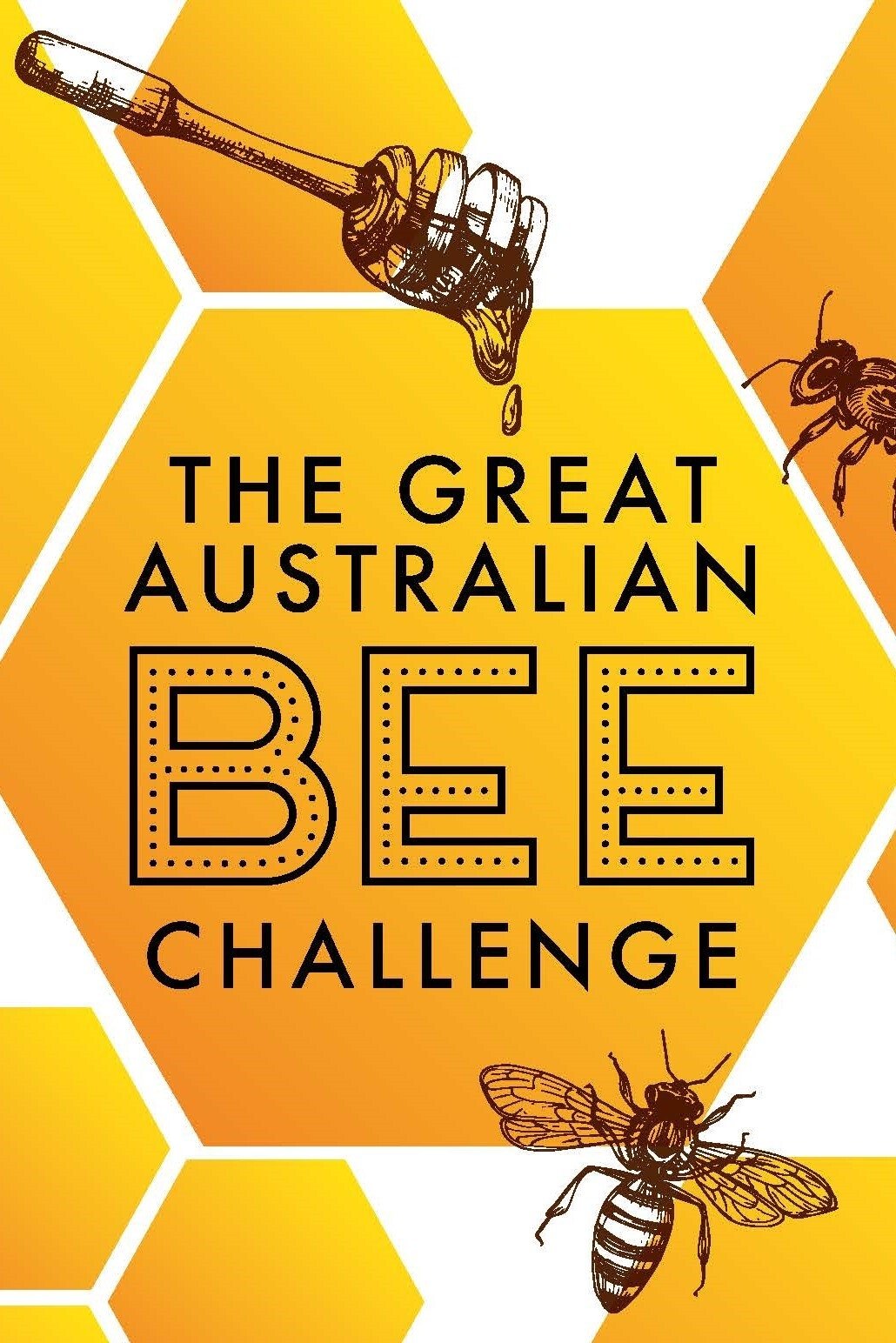
Four families are challenged to successfully keep a honeybee hive, bringing these everyday Australians up close with the latest science about bee brains, communication and behaviour.
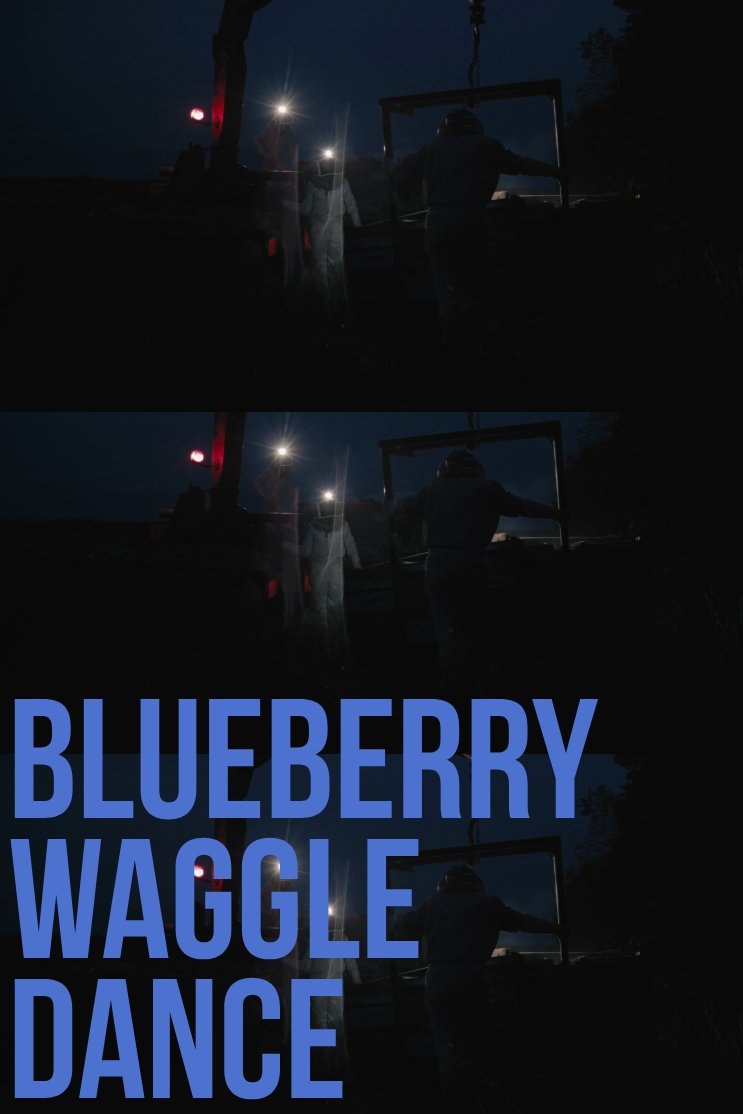
It's a warm spring night, and the bee cowboys of Prince Edward Island begin rounding up their hives.
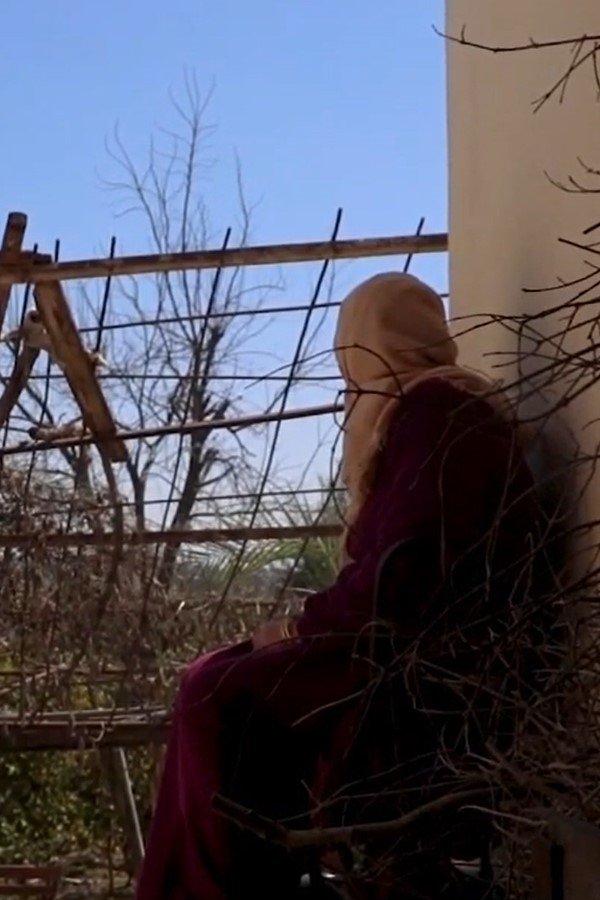
Jawaher was a farmer with her father when she was young, and a beekeeper in old age. Beekeeping to her is a way to overcome life's difficulties. Despite the difficulties she's facing; the economic situation, climate change, and wars, she's still sticking to her source of livelihood to save a living.
Anthropocene is a part of video trilogy – History of Impossible Destiny – which focuses on the fate of the species UN declared the most important for the survival of Earth – the honey bee (Apis mellifera). By documenting beekeeping activities Makela reveals how intrinsically anthropocentric our attitudes are, and how this affects the process of subjucating the honey bee into a condition of exploitable natural resource. Thru a sensitive, intimate and prolonged observation Makela discovers surprising behavior inside and outside the hive, which she offers as a set of dialogues that bring humor, poetry, reflection and an insight into the fantastic dimension of this species.
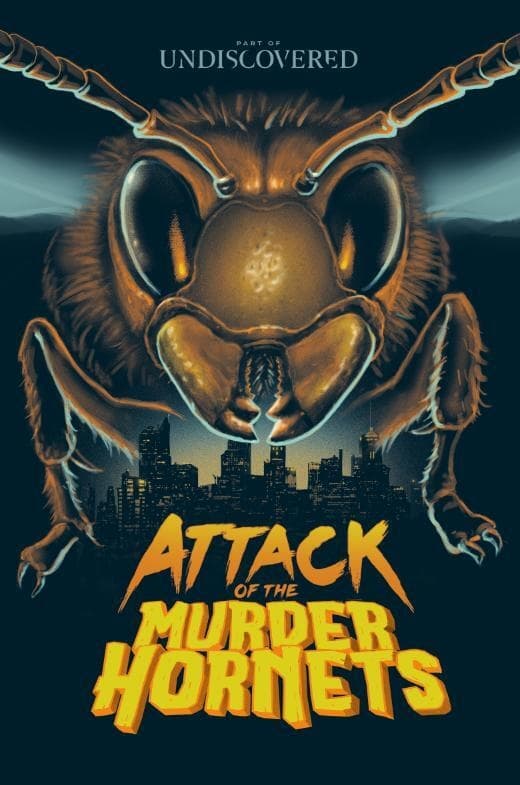
As the "Murder Hornet" makes national headlines, a small town crew of beekeepers and scientists band together to protect their quiet Washington community from the dangerous invasive species.
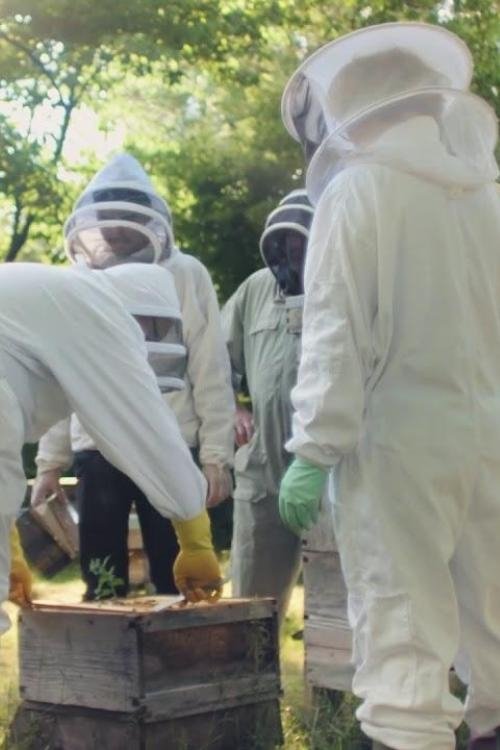
A film to mark 100 years since the founding of the Twickenham & Thames Valley Beekeepers Association, a charity that promotes beekeeping in West London, Surrey and along the Mole Valley.
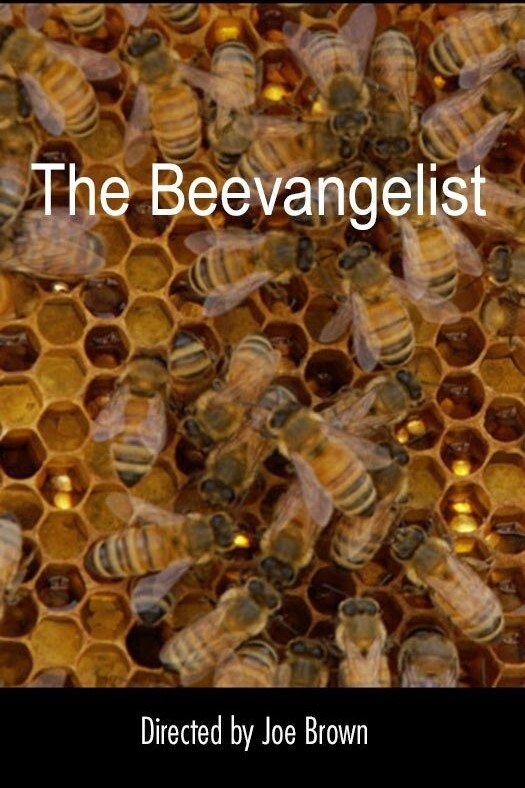
A short contemplative documentary on beekeeper Charlie Koenen and the importance of urban beekeeping.
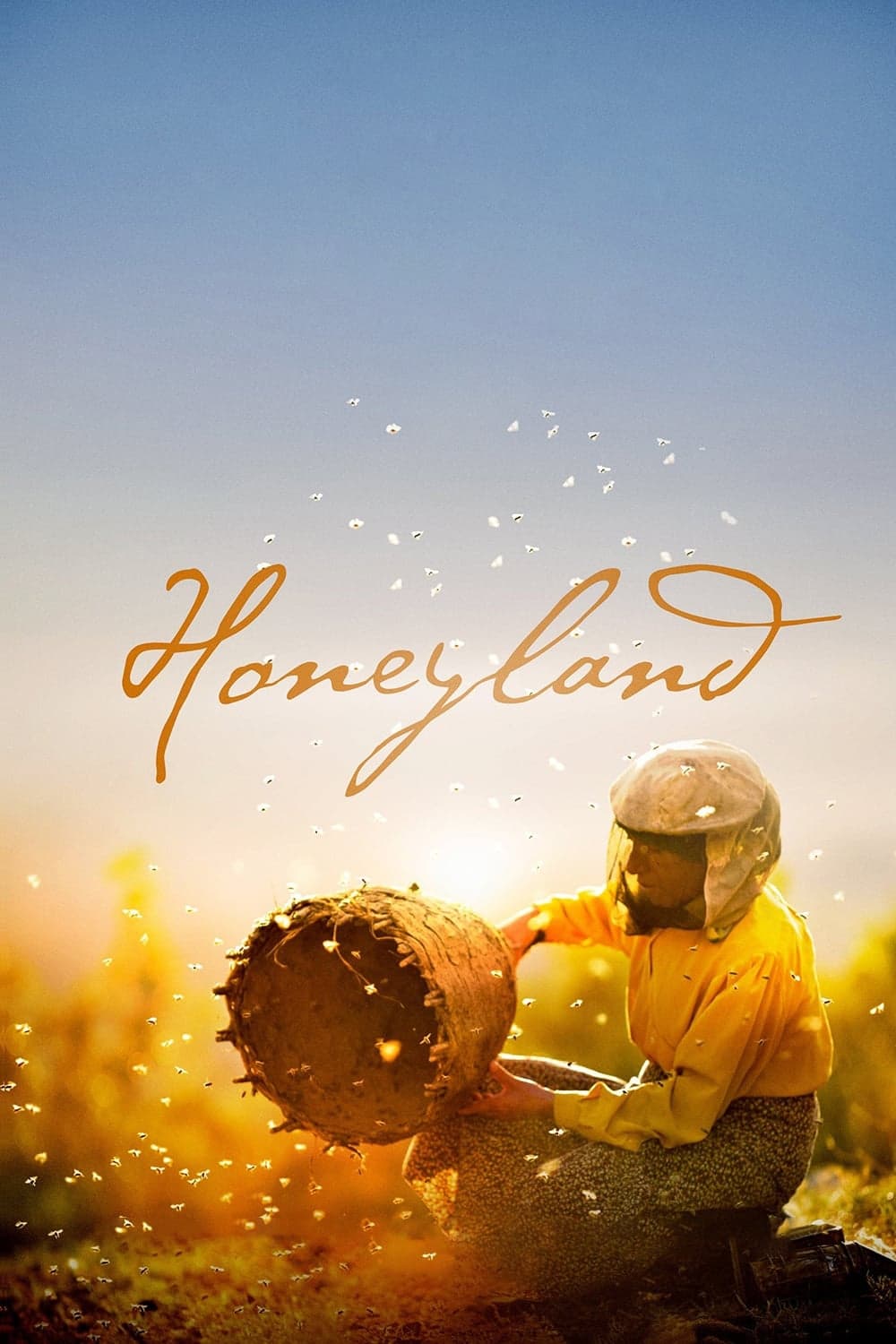
When nomadic beekeepers break Honeyland’s basic rule (take half of the honey, but leave half to the bees), the last female beehunter in Europe must save the bees and restore natural balance.

"Honey Hunters" is a life story of bees and people. In order to get to the bottom of the mysteries of the life of bees and show them to the audience, the camera enters a contemporary hive and a traditional wild beehive drilled in the trunk of an old tree. It wanders the forests in Poland and Ural, mountains in Nepal and... roofs of Paris and Warsaw. For millions years bees have been laboriously building the natural environment of our planet. These days, they started to die by millions. A programme of wild tree beekeeping reintroduction was launched in Polish forests. It has been an ancient local tradition. Maybe reaching for the past, the original model of coexistence of bees and people, for wild tree beekeeping, can help us to save the bees? After watching “Honey Hunters” everyone wants to have their own beehive and harvest their own honey!
By browsing this website, you accept our cookies policy.